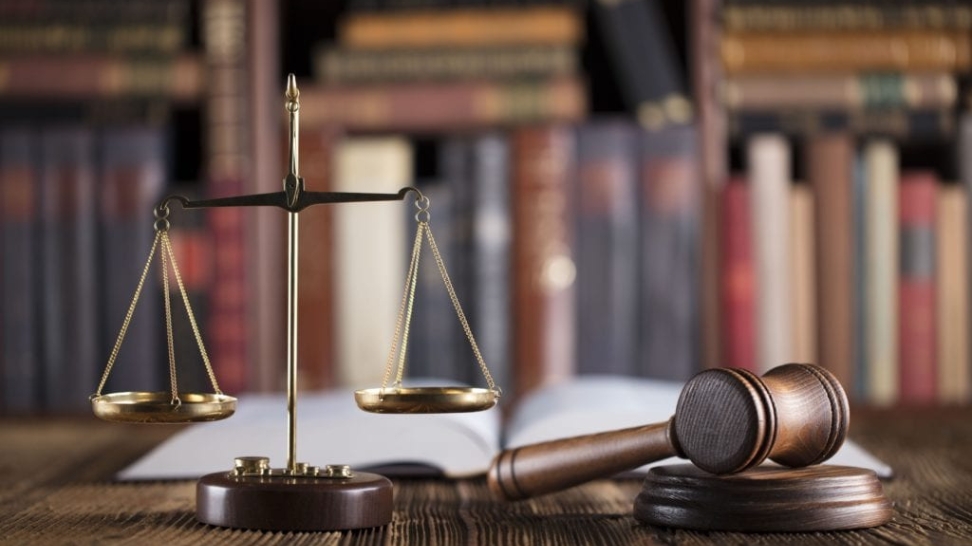The legal landscape is a complex web of international jurisdictions, especially when it comes to the enforcement of judgments across borders. Central to this complexity is the ongoing conflict between U.S. courts and Cook Islands Trusts. As Asset Protection Attorney Blake Harris emphasizes, understanding this conflict is crucial for individuals and businesses looking to safeguard their assets.
U.S. Legal Perspective on Cook Islands Trusts
U.S. courts operate under the principle of “comity” – mutual recognition and enforcement of judgments between nations. However, the Cook Islands, known for its robust asset protection laws, presents a formidable challenge to this principle. The Cook Islands International Trusts Act does not recognize foreign rulings, making it very difficult for U.S. creditors to enforce judgments against assets held in Cook Islands trusts.
Key Cases Illustrating the Conflict
- FTC v. Affordable Media, LLC: The FTC’s attempt to seize assets from a Cook Islands Trust was thwarted by the trust’s “duress provision.” This case underscores the power of well-structured Cook Islands trusts in protecting assets from U.S. judgments.
- In re Smith: A last-minute transfer of assets to a Cook Islands trust raised questions about the legitimacy of such moves, especially when done just days before a judgment. However, the trust still appeared as a helpful tool for the defendant in negotiating a settlement.
- Rush University Medical Center v. Sessions: This case highlighted the challenges U.S. courts face when Cook Islands Trusts hold assets within U.S. borders. The location of trust assets plays a pivotal role in the enforceability of judgments and the protection the defendant receives.
The Cook Islands’ Stance on Foreign Judgments
The Cook Islands has consistently demonstrated its commitment to safeguarding trust assets. Its non-recognition of foreign judgments adds a significant layer of protection for trust assets. This stance is not just a legal provision but a cornerstone of the Cook Islands’ asset protection industry, attracting investors and individuals seeking robust asset protection.
Real-world Implications
Blake Harris Law provides several case studies that highlight the effectiveness of Cook Islands Trusts:
- Thomas, Business Owner: After selling his company, Thomas placed the proceeds in a Cook Islands Trust. When faced with a lawsuit, his well-structured asset protection plan allowed him to negotiate a significantly reduced settlement.
- Dr. Kevin, Physician: Dr. Kevin’s decision to create a Cook Islands Trust not only protected him from potential malpractice claims but also safeguarded his assets during divorce proceedings.
- John, Cryptocurrency Investor: John’s Cook Islands Trust protected his withdrawn crypto funds from a “claw-back” lawsuit, demonstrating the trust’s effectiveness even in the rapidly evolving world of cryptocurrency.
Conclusion
The ongoing tug-of-war between U.S. courts and Cook Islands Trusts underscores the complexities of international asset protection. As Blake Harris, a leading authority in asset protection, advises, understanding both jurisdictions is paramount for effective asset protection. The Cook Islands offers unparalleled asset protection, but navigating this landscape requires the guidance of an experienced asset protection attorney and a clear understanding of potential legal challenges.




